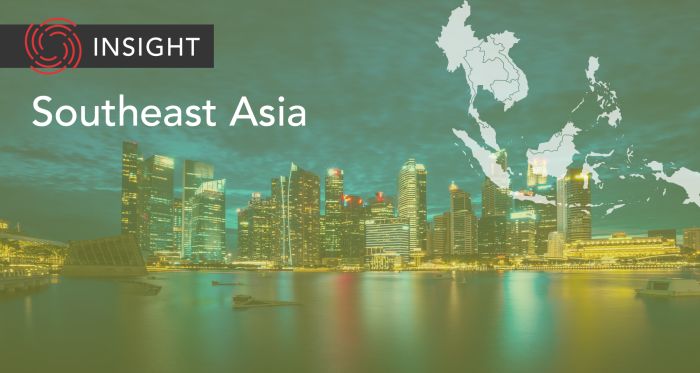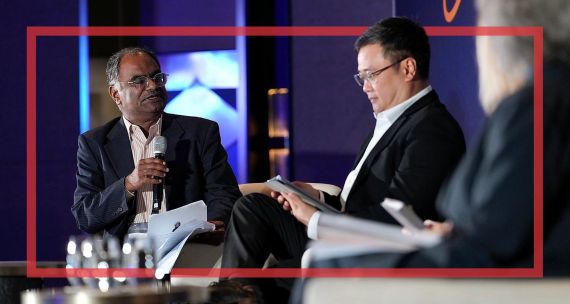The Takeaway
The fallout from what has been described as one of Singapore’s largest money laundering cases continues to send shockwaves across the city-state. Last week, affidavits were made public for money laundering cases implicating C$2.8 billion in assets and 10 suspects, all originally from China but carrying multiple passports. Some of the city’s financial institutions have already increased their scrutiny of dubious foreign investors and are looking to enhance regulatory measures.
In Brief
- Singaporean authorities arrested 10 individuals on August 15 and charged them with forgery and laundering profits from organized crime. The alleged crimes stem from various scams and online gambling operations based in China. All the suspects hold multiple passports (something Beijing does not allow Chinese citizens to have), and none have been granted bail.
- Law enforcement agencies reportedly confiscated C$1.13 billion from bank accounts linked to the suspects, in addition to C$38 million in cryptocurrency and numerous properties and luxury goods.
- Singapore, home to 5.45 million people, is the world’s third-largest offshore financial hub after Switzerland and Hong Kong. It is also where many global elites park their assets. The value of assets managed in Singapore has surged over the last few years to over C$5.4 trillion, nearly 80 per cent from foreign sources. (For context, the country's GDP is about C$640 billion.) In recent years, there has been a flood of cross-border wealth flowing in from China, as that country’s elites are feeling squeezed by new Chinese government policies and anxious about regional tensions.
- Singapore has seen a high number of money laundering cases in recent years, with 240 convictions and C$1.2 billion in assets seized between 2020 and 2022.
Implications
Challenges to ‘zero tolerance.’ The city-state has long touted its zero-tolerance approach to money laundering, and this year, the government introduced stricter regulations to reinforce this approach. The regulations include a law that allows banks to share information about high-risk clients with one another and a mandate requiring property developers to conduct greater due diligence and report suspicious transactions. But this latest case exposes other gaps in the city-state's regulatory framework. In response to this latest case, the Singaporean government announced the formation of an inter-ministerial committee to bolster the country’s anti-money laundering regime.
Chinese investors will face closer scrutiny. Bloomberg reported that Singaporean banks are strengthening their client-review procedures, and some have closed the accounts of Chinese clients who hold multiple passports. At least two of the 10 individuals arrested in August in Singapore were wanted in China on the same charges.
The scandal has been politically damaging for the ruling People's Action Party (PAP), which will undergo a rare leadership transition in 2024. The PAP, led by Singaporean Prime Minister Lee Hsien Loong, was already under fire for events that are quite unusual in light of Singapore's history and traditions — a corruption investigation into its transport minister, the resignation of its parliament speaker due to an extramarital affair, and the investigation of two senior ministers for allegedly renting out state-owned bungalows.
What’s Next
- Room for progress
In recent years, Singapore has been hit with several high-profile money laundering cases, such as the 2016 1Malaysia Development Berhad (1MDB) scandal. The scandal saw the transfer and embezzlement of funds from Malaysia’s 1MDB sovereign wealth fund into multiple Singaporean bank accounts. Singapore’s position as a global financial hub, combined with its strong banking secrecy regulations, has made it an attractive location for foreign investors, which can bring greater risk of illegal transactions. Without further regulatory changes, Singapore could find itself dealing with further cases of illegal activities.
- Parliament to consider strengthening anti-fraud regulations
Singapore’s Accounting and Corporate Regulatory Authority has proposed tackling money laundering through stronger measures to prevent the establishment of fraudulent businesses. While the exact regulations have not yet been made public, one proposal is to limit the number of directorships an individual can hold in Singapore, in hopes of increasing accountability and oversight. These proposed regulations are expected to be considered by parliament in early 2024.
- Heightened scrutiny of single-family offices
One or more of the accused have been linked to single-family offices (SFOs) — private wealth-management advisory firms established by wealthy families to manage their assets and investments. Between 2020 and 2022, the number of SFOs in Singapore increased from 400 to 1,100. By 2021, SFOs in Singapore managed a total of C$90 billion. Current regulations allow for the establishment of SFOs by foreign individuals and provide tax incentives, which makes them attractive to criminals looking to launder money. As a consequence of the current money laundering scandal, SFOs are now facing increased scrutiny.
• Produced by CAST's Southeast Asia team: Alberto Iskandar (Analyst) and Saima Islam (Analyst). Edited by Ted Fraser.




